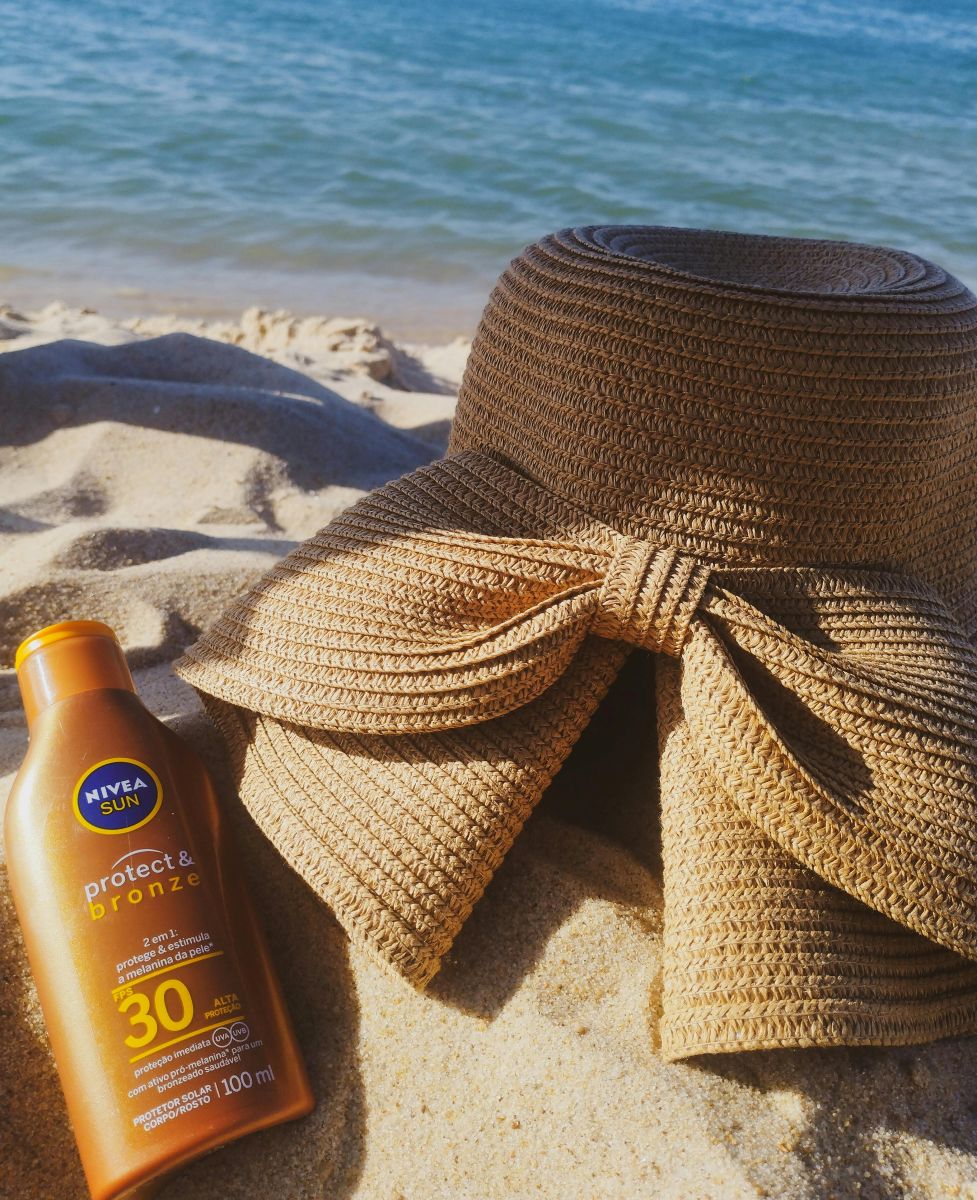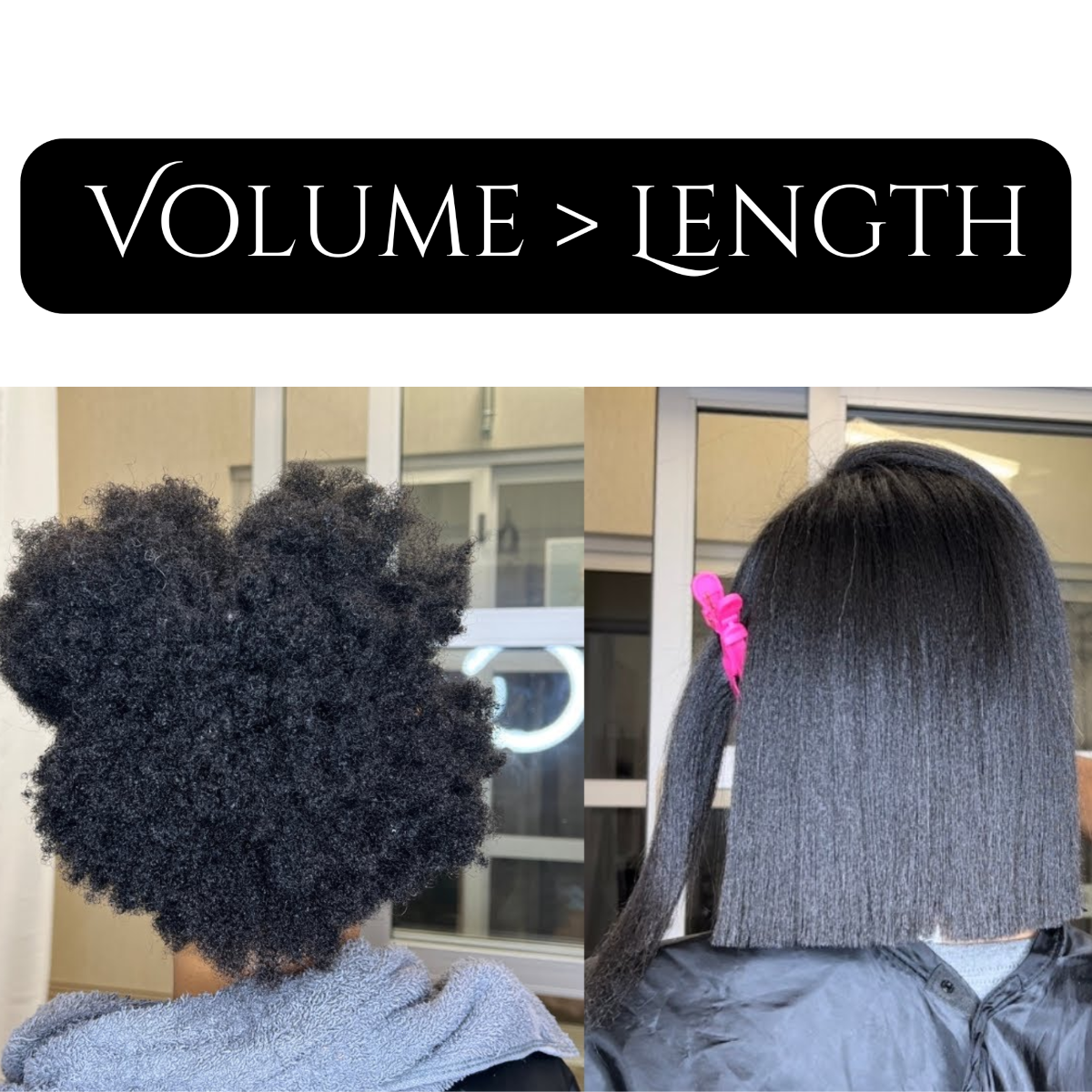When it comes to skincare in Kenya, Nivea has long been a trusted household name. Known for its affordable lotions and creams, the German brand dominates supermarket shelves. But in recent years, local organic body butter brands have been making waves — offering natural, handmade alternatives made from shea butter, cocoa butter, and essential oils.
So the question is: can Kenyan body butters really compete with mainstream brands like Nivea? Let’s break it down.
What Makes Nivea So Popular?
Nivea has been in the Kenyan market for decades, and here’s why it’s still widely used:
-
Affordability & Accessibility – Available in supermarkets, pharmacies, and shops across Kenya.
-
Consistency – Lightweight lotions and rich creams that deliver reliable hydration.
-
Dermatologist-tested formulas – Well-balanced products that are safe for most skin types.
-
Price range in Kenya: Ksh 400 – Ksh 1,200 depending on size and type.
The Rise of Local Organic Body Butters
Local brands are tapping into the growing demand for natural skincare products. Instead of synthetic fragrances and preservatives, organic butters focus on:
-
Raw shea butter, cocoa butter, and mango butter – deeply nourishing for dry skin.
-
Natural oils such as coconut, avocado, almond, and baobab oil.
-
Handmade production – small batches with less processing.
-
Eco-friendly packaging – appealing to consumers who value sustainability.
Some Kenyan brands producing organic body butters include:
-
Marini Naturals – known for hair products but also offer rich body butters.
-
H&S Organics – natural skincare line with whipped butters.
-
Harni Organics – emerging brand using Ayurvedic herbs and butters for skin and hair.
-
Sense of Africa – botanical skincare with organic oils and butters.
Price range in Kenya: Ksh 800 – Ksh 2,500 depending on ingredients and packaging.
Key Differences: Organic Butters vs. Nivea
| Feature | Nivea | Local Organic Body Butters |
|---|---|---|
| Base Ingredients | Water-based lotions with synthetic emollients | 100% natural butters & oils |
| Texture | Lightweight, quick absorption | Rich, thicker, sometimes greasy |
| Fragrance | Perfume-based scents | Natural essential oils or unscented |
| Skin Benefits | Hydration, protection | Deep nourishment, skin repair |
| Shelf Life | 2–3 years | Shorter (6–12 months, fewer preservatives) |
| Price Point | Budget-friendly | Mid-range to premium |
Do Local Body Butters Compete?
The answer is yes — but it depends on what you’re looking for.
-
If you want quick, light hydration at an affordable price, Nivea still wins.
-
If you’re seeking natural, chemical-free skincare that provides intense nourishment (especially for dry or sensitive skin), organic body butters are the better choice.
-
Many Kenyan consumers are now using both — Nivea lotions for daily use and local body butters for targeted care, like elbows, knees, feet, or night routines.
Final Verdict
Local organic body butters are not just competing with Nivea — they’re offering something different. While Nivea remains the go-to mainstream option, organic butters fill a growing niche for natural, sustainable, and deeply moisturizing skincare.
As Kenyan consumers become more ingredient-conscious, it’s likely we’ll see local brands gain more ground in the beauty market.



